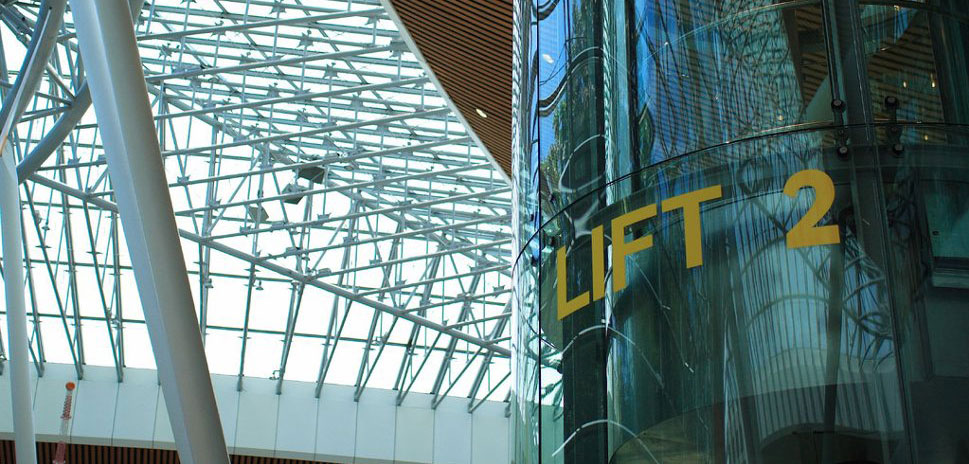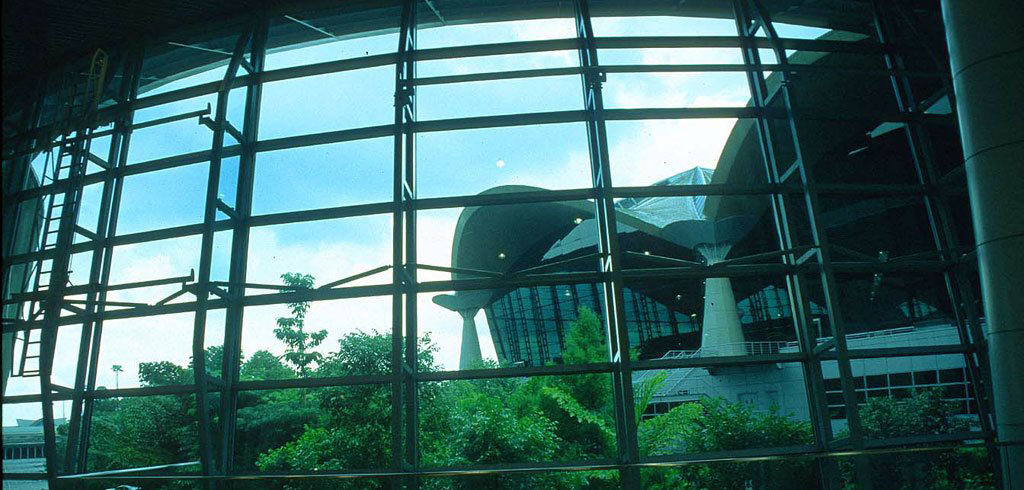The immigration arrival area at Kuala Lumpur International Airport ‘s second terminal (klia2) is now twice as large as before, following a revamp.
The new processing area is approximately 1,400m2 (15,070ft2 ). This much larger area can accommodate approximately 1,000 people comfortably at any one time, compared to fewer than 500 before. The additional space will also prevent the immigration queue from spilling over into the corridor area connected to the arrival gates.
With the larger space resulting from the relocation of the counters, the airport has also been able to revamp queueing by implementing the snake queue system. Passengers will now queue in a single line, as opposed to separate lines for each counter, and be able to go to the next available immigration counter more systematically. It also takes away the stress of passengers having to choose which queue line to join and, most importantly, it helps promote a shorter average wait time.
The newly revamped immigration arrival hall is also more passenger-friendly, with the introduction of priority lanes for disabled passengers and families with small children. There are also 10 dedicated e-gates for Malaysian passport holders.
The new facility was opened three days before the new year, in time to welcome tourist arrivals in conjunction with the Visit Malaysia 2020 initiative (VM2020).
“As the custodian of the main gateway into the country, our aim is to provide a joyful experience for our guests – more so with VM2020. We know that passengers are generally tired upon their arrival and congestion at any of the critical touchpoints would just add to their stress,” explained Raja Azmi Raja Nazuddin, group chief executive officer of Malaysia Airports.
“With the full support of our partners, the Department of Immigration KLIA (Immigration) and Air Asia, we completed the initiative within seven weeks in time to cater to the super peak traveling period during Christmas and school holidays. The passenger flow is now smoother and congestion at the area is expected to be a thing of the past,” Nazuddin added.



